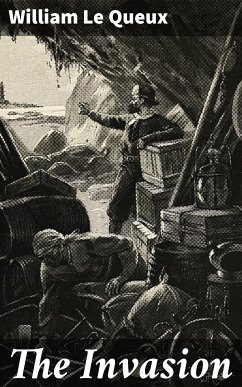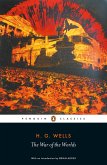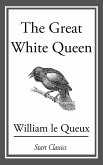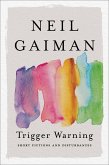William Le Queux's "The Invasion" emerges as a pivotal work in the realm of early 20th-century British fiction, fusing elements of espionage, sensationalism, and military fiction. Set against the backdrop of a rapidly evolving geopolitical landscape pre-World War I, the novel depicts a chilling scenario where Britain finds itself under threat from a foreign invasion. Le Queux'Äôs narrative is imbued with a sense of urgency as it intertwines vivid characterizations with intricate plotting, encapsulating the anxieties of an era overshadowed by imperialistic ambitions and the specter of warfare. His prose is marked by dramatic flair and a keen understanding of the public psyche, reflecting a society grappling with the realities of modern warfare and national identity. Le Queux, a prolific writer and journalist, was profoundly influenced by his experiences and observations amidst the political turbulence of his time. His travels across Europe and keen insights into foreign affairs informed his narrative, instilling a palpable sense of dread about the precariousness of British sovereignty. A fervent advocate for national preparedness, Le Queux'Äôs works served not only as entertainment but also as cautionary tales, echoing his belief in the importance of vigilance against external threats. "The Invasion" is an imperative read for those interested in the evolution of speculative fiction and its reflections on societal fears. Its chilling portrayal of national vulnerability resonates powerfully with contemporary discussions on security and identity. Le Queux'Äôs masterful blend of suspense and commentary invites readers to reconsider the fragile boundaries of peace and the ever-present possibility of conflict, making this novel a stimulating addition to any literary collection.
Dieser Download kann aus rechtlichen Gründen nur mit Rechnungsadresse in A, B, BG, CY, CZ, D, DK, EW, E, FIN, F, GR, H, IRL, I, LT, L, LR, M, NL, PL, P, R, S, SLO, SK ausgeliefert werden.









